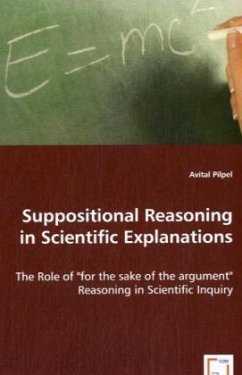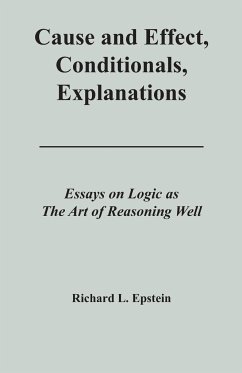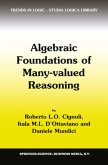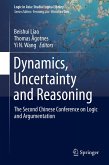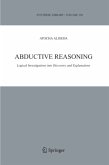To suppose X means to pretend to change one?s belief for the sake of the argument to include X. I examine the role of suppositional reasoning in the evaluation of purported scientific explanations of various sorts, based on Hempel and Oppenheim's deductive-nomological and inductive-statistical explanations.First, for each type of explanation, I present the suppositional reasoning conditions it must satisfy. Second, I argue that a specific decision making method (Isaac Levi's) should be used to determine how one is to change one's beliefs for the sake of the argument in each case. Third, I evaluate in detail whether purported explanations, both intuitively explanatory and intuitively non-explanatory satisfy (or do not satisfy) these conditions. Fourth, I show that the suppositional reasoning conditions for explanations, when evaluated correctly, systematically solve the many problems of the original Hempel-Oppenheim model of explanations.

